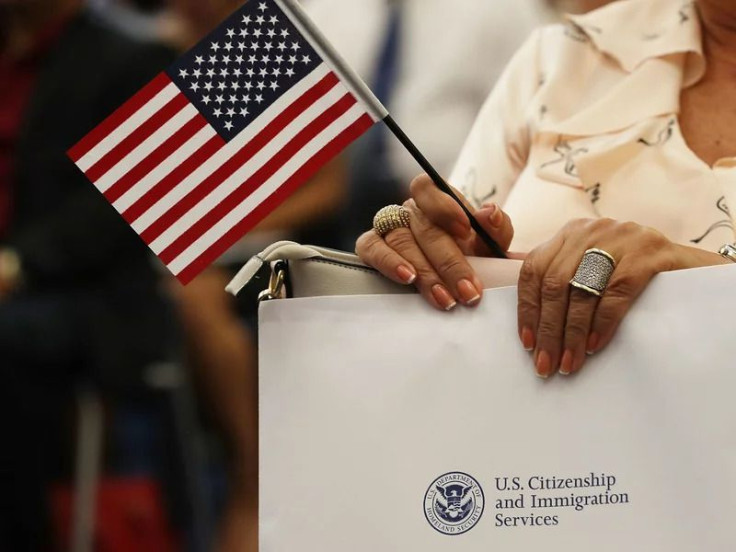
The U.S. Citizenship and Immigration Service (USCIS) last October proposed new rules to reform the H-1B visa program following an increase of fraud cases last year. Now, the lottery bids have plunged by nearly 40%, according to a report by The Associated Press.
At the time of its proposal, USCIS announced it had "undertaken extensive fraud investigations" based on suspicions that certain employers were attempting to submit multiple visa applications for the same person.
To combat this, the department announced in January that it would modernize the H-1B program, to make it more flexible, and to ensure program integrity through fraud mitigation.
Following this crackdown, the government received 470,342 entries for this year's lottery, which was held the last week of March, down 38% from last year.
Tech companies welcomed the measure, citing abuse of the application process.
"As is true for other employers, the misuse of the H-1B registration process has undermined Intel's ability to retain critical talent," the company said in a statement. "Since implementation of the electronic registration system, intel's H-1B selection rates have steadily plummeted, hampering efforts to expand its semiconductor design and manufacturing efforts in the United States."
H-1B visas were created in 1990 for people with a bachelor's degree or higher in fields where jobs are deemed hard to fill, especially science, technology, engineering and math. Critics say they allow companies to pay lower wages with fewer labor protections.
But despite these new measures, some experts think they are insufficient, The Register reports.
For instance, John Miano, a fellow with the conservative Center for Immigration Studies, believes the new frameworks do not solve the entire problem.
"The new rules are only intended to address one aspect of fraud, which is multiple submissions by the same person," Miano said. "But that isn't going to do very much at all. There's no tracking of people through the process. The reality is too many people benefit from the fraud so it goes on."
Similarly, the Economic Policy Institute (EPI), a progressive think tank, also expressed skepticism about USCIS' ideas.
"The H-1B Modernization rule only tinkers at the edges of improving program integrity, but fails terribly to tackle any of the real problems that have been documented by investigative news reports, government audits, and researchers like ourselves— while simultaneously proposing to dramatically expand the size of an H-1B program that remains vulnerable to rampant fraud and abuse," EPI said in a statement to The Register.
U.S. college graduates can work for three years under an Optical Practical Training visa while they try for an H1-B visa. But, according to The Associated Press, because those applicants had steady jobs, they didn't need to submit more than one bid, which left them at a disadvantage against those with several applications.
USCIS Director Ur Jaddou said the agency rushed to overhaul the lottery to ensure each worker had "only one ticket in the hat," deciding the change couldn't wait another year. USCIS found some companies working together to submit bids for the same applicants.
"We want to make sure that it's in the hands of people who are going to use it and help the nation, and we realized that the gaming of the system was not helpful for anybody," Jaddou said at a public event in March in Texas.
© 2025 Latin Times. All rights reserved. Do not reproduce without permission.




